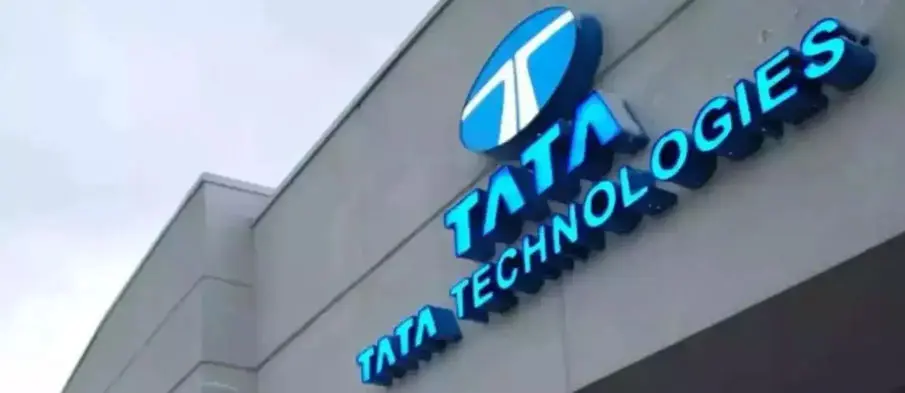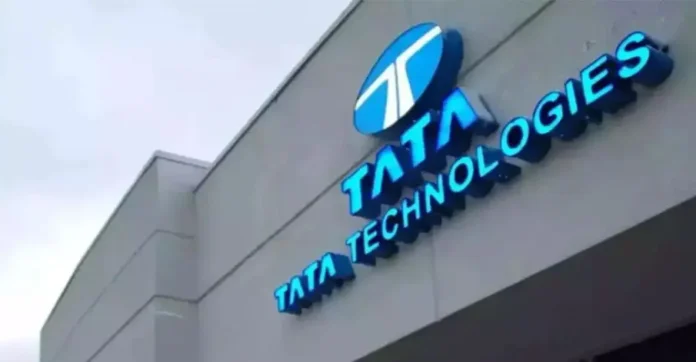
Tata Technologies, a leading product engineering and digital services firm, is significantly expanding its Software-Defined Vehicle (SDV) offerings as global automotive manufacturers increasingly pivot from mechanical engineering to software-centric innovation. With SDVs gaining traction, the company sees a major opportunity in reshaping the future of in-car technology.
Nachiket Paranjpe, President of Global Automotive Business at Tata Technologies, highlighted the sector’s potential, noting, “while the overall car industry growth is only about 3–4% per year, the SDV segment has grown almost 25–30%.” He further emphasized the global need for SDV-specific talent, saying, “There’s strong global demand for talent skilled in SDV-related technologies, especially in C++, Python, Linux, and other key platforms.”
To meet this demand, Tata Technologies has built a robust talent pool, comprising around 1,000 SDV engineers in India and 1,600 globally. This expansion aligns with a broader industry shift, as software becomes the primary driver of innovation in connected, autonomous, and electric vehicles.
The company is also turning its attention to India’s automotive landscape. According to Paranjpe, “With the China story for Western OEMs facing challenges and market shares declining, OEMs are now intensely focusing on India. They recognise India’s significant disposable income and a large middle class seeking luxury mobility at specific price points.” This focus is expected to inspire cost-effective innovation, making advanced vehicle technologies more accessible for Indian consumers.
In January, Tata Technologies entered into a strategic joint venture with BMW Group, forming BMW TechWorks India to co-develop SDVs and automotive software. The partnership involves setting up a dedicated R&D centre in India and focuses on platforms such as ADAS (Advanced Driver-Assistance Systems), cockpit domain controllers, and central and zonal gateway controllers. Paranjpe revealed that “14 service providers were screened, and the deal was valued at about $25 million.”
On the subject of AI, Paranjpe remarked that while hyperscalers like Google, Microsoft, and Amazon will dominate due to capital advantage, “India has the opportunity in the skills needed to find these golden nuggets of AI in the world.”
Tata Technologies remains optimistic under the Tata Group umbrella, reporting a 20.12% increase in Q4 FY25 net profit to ₹188.87 crore, despite a 1.18% dip in revenue to ₹1,285.65 crore. The company continues to position itself as a key player in full-vehicle development and digital automotive transformation.





